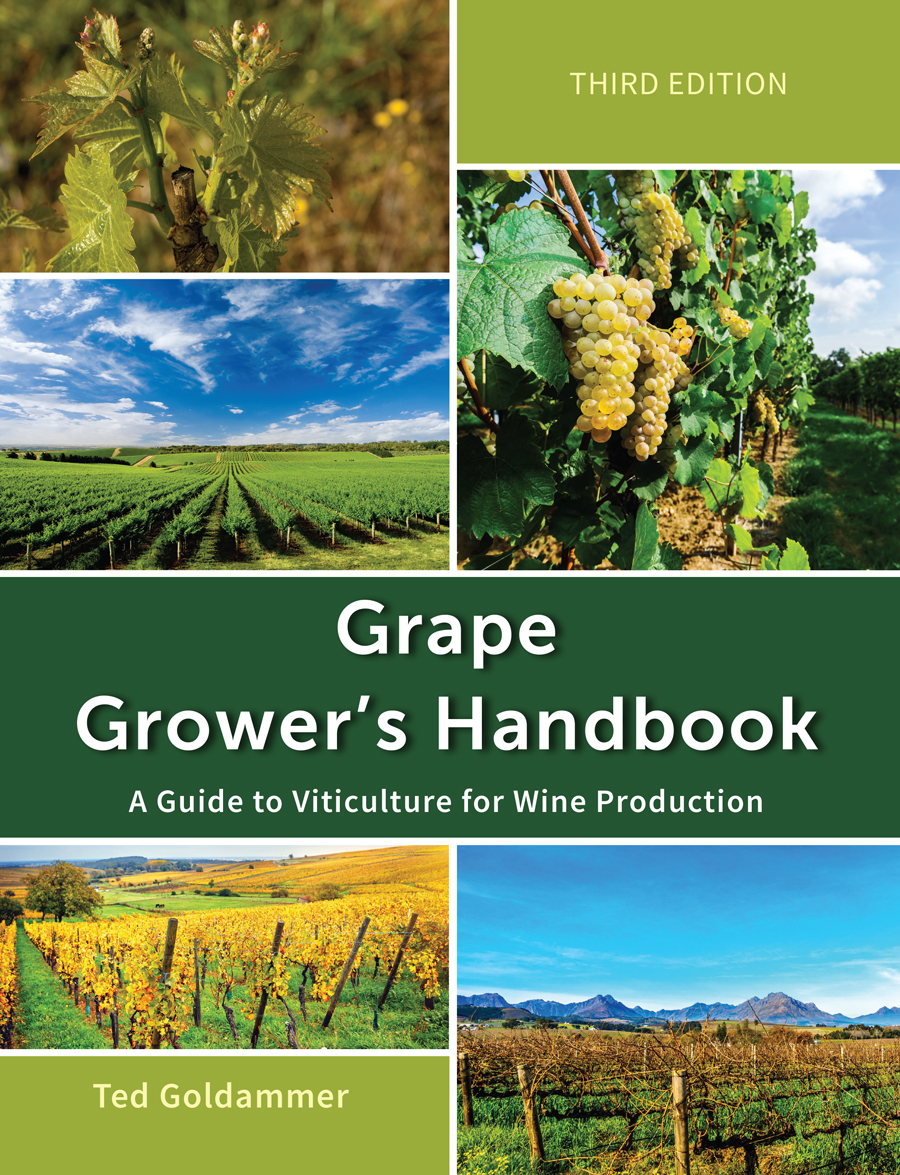Cover Cropping in Vineyards
Cover Crops: Monocultures or Mixtures
Growers have the option of either planting a single species cover crop, referred to as a monoculture, or planting a mixture of various cover crop species, known as “polyculture” by some. Whether to grow a monoculture or a mixture of cover crop species depends largely upon the objectives in the overall vineyard management plan.
Monocultures
Monocultures (single species) of sown cover crops are often used in vineyards. Single species of cover crops are often planted if operational constraints limit selection to a single species or when the species has a history of proven performance (See Figure 30.1). The use of a single species is common practice with species such as cereals, “Blando” brome and bur medic.
Mixtures
Plant mixtures tend to have greater efficiency than monocultures (See Figure 30.2). Providing different species in a mix may enable one species to thrive in areas where another might be weak, increasing the chances for a healthy stand throughout the vineyard. For example, using drought-tolerant plants in a perennial mix builds in persistence for dry years. Vigorous polyculture stands may also reduce weeds that would otherwise fill the voids in the stand. Planting mixtures of cover crops can take advantage of the allelopathic potential of the cover crops to suppress weeds.
Click on the following topics for more information on cover cropping in vineyards.
Topics Within This Chapter:
- Introduction to Cover Cropping in Vineyards
- Benefits and Drawbacks of Cover Crops
- Life Cycle of Cover Crops
- Types of Cover Crops
- Cover Crops: Monocultures or Mixtures?
- Tilled or No-till Cover Cropping Management Systems
- Managing Pests with Cover Crops
- Criteria for Selecting Cover Crop Species
- Establishing and Managing Cover Crops
- Suppression or Control of Cover Crops
- Selected References

